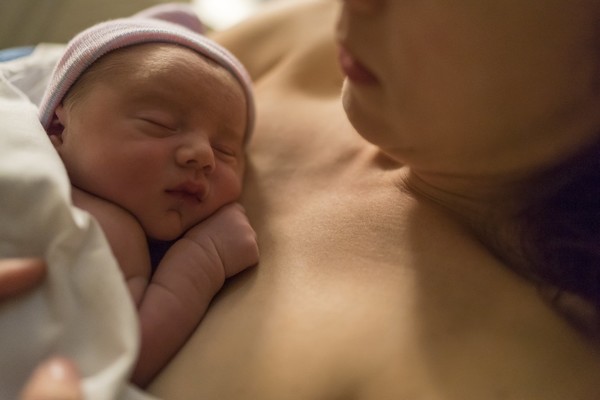The overall number of deliveries in Korea has dropped by more than 180,000 in the past decade but the number of deliveries to mothers in their 40s has surged by more than 40 percent, a lawmaker’s data showed.

Rep. Shin Hyun-young of the main opposition Democratic Party recently released data on baby deliveries between 2013 and 2022 obtained from the Ministry of Health and Welfare.
According to Shin, while the total number of deliveries decreased by 42.4 percent (180,137 cases) in 2022 compared to 2013, the number of deliveries to mothers in their 40s rose by 43.4 percent (5,939).
By age group, the number of births to mothers under the age of 20 decreased by 85 percent (1,696), those in their 20s by 63.5 percent (67,236), and those in their 30s by 38.6 percent (117,140) in 2022 compared to 2013.
Regarding the percentage of deliveries by age, those by 20-somethings decreased by 9.1 percentage points from 24.9 percent in 2013 to 15.8 percent in 2022, while those by 30-somethings increased by 4.6 percentage points from 71.4 percent to 76 percent.
Those by 40-somethings also went up by 4.8 percentage points, from 3.2 percent to 8 percent, indicating a clear aging trend in births.
"As the phenomenon of elderly births is becoming more pronounced in the era of declining birth rates, it is very important to analyze the causes and make efforts to come up with alternatives," said Shin. "Through the analysis of socioeconomic factors for the phenomenon of the decrease in births to young generations, we need a comprehensive national approach to understand and support them."
Also, Korean society should provide medical infrastructure and medical support for obstetrics and gynecology, and pediatrics, to help mothers in advanced ages avoid the difficulties of giving birth and maintain the health of mothers and fetuses, she emphasized.

